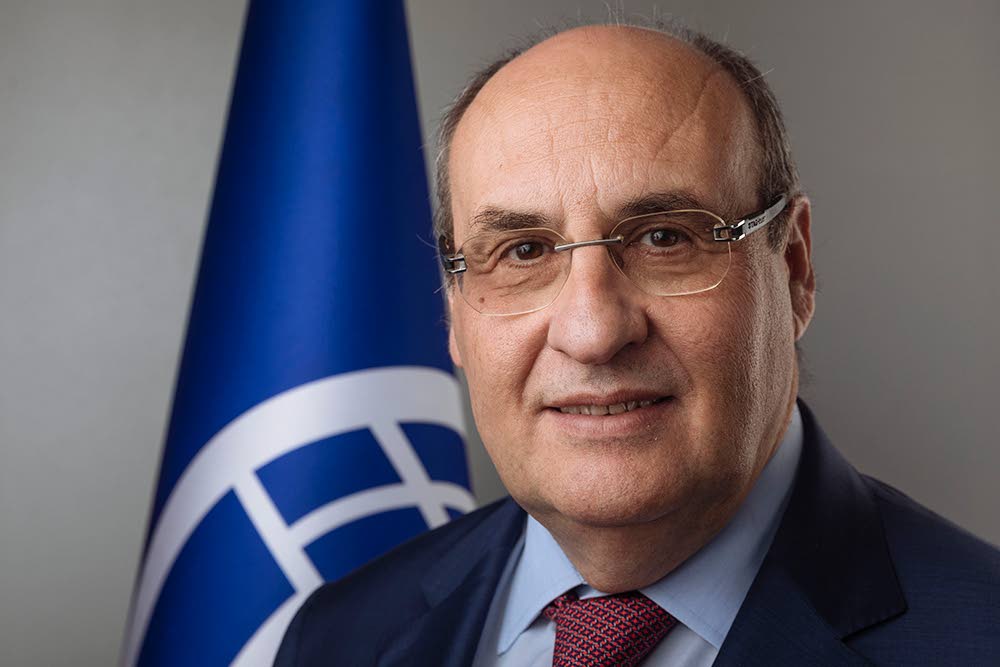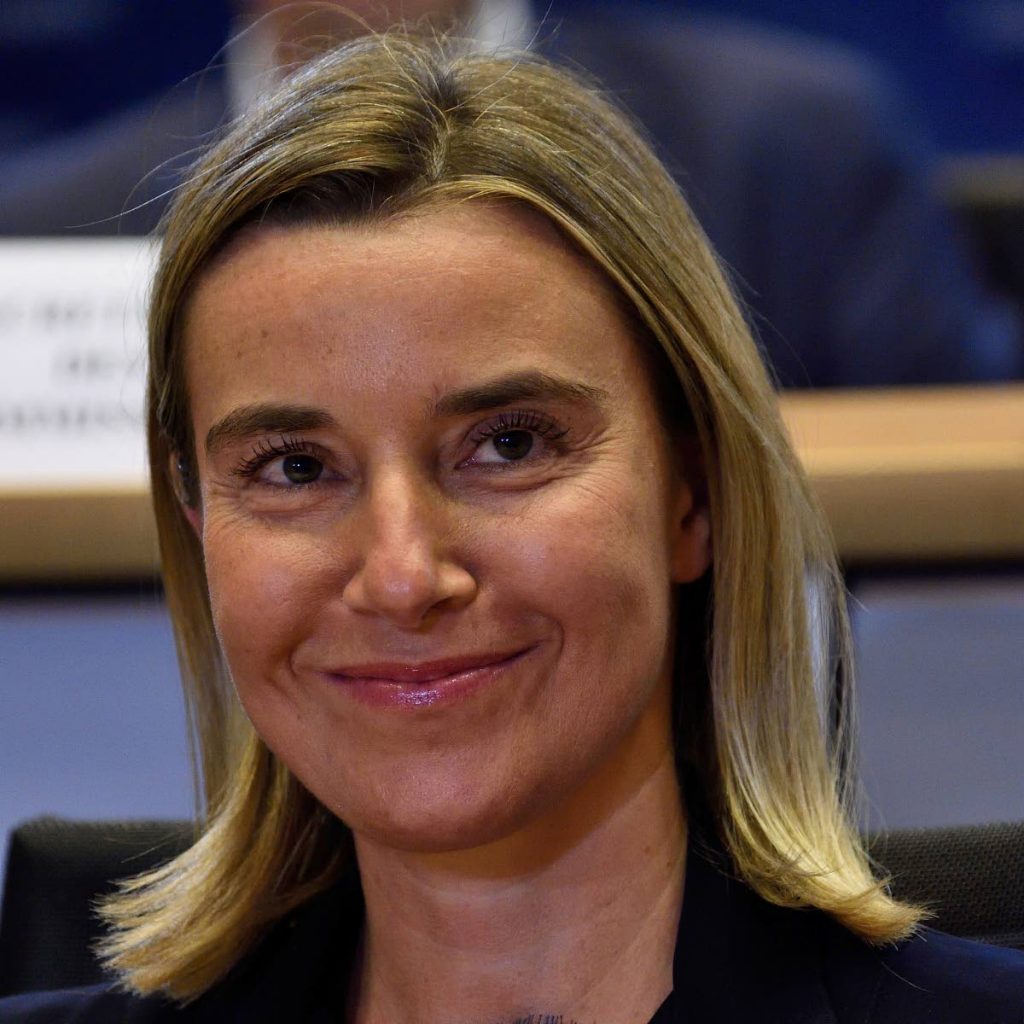Responding to the flight of Venezuelans

Joint article by Federica Mogherini, Filippo Grandi and Antonio Vitorino
FOR DECADES, Venezuela was a host country for refugees, as well as a destination for migrants drawn by its economy’s booming oil, agriculture and manufacturing sectors. Now its population is draining away. The flight which is unfolding before our eyes is the result of political instability, growing insecurity and human rights violations, all compounded by the economic collapse of the country.
This is the most severe and fastest-growing refugee and migrant crisis in Latin American history, and one of the biggest external displacement crises in the world.
Venezuelan men, women and children are leaving, a massive population movement that includes vulnerable people, many in need of international protection, many others seeking access to basic services and employment opportunities.

They are often travelling on foot for days and weeks to destinations as far away as Santiago in Chile, Sao Paulo in Brazil and Buenos Aires in Argentina – all several thousand miles from their homeland. They are searching for safety, basic services, work, or to join family members already established abroad.
More than 80 per cent of the 4.5 million Venezuelan refugees and migrants have remained in the region, hosted by Latin American and Caribbean countries. These migrants and refugees are not confined to camps but are in towns and cities where they live together with local people.
Venezuela’s neighbours have drawn on their long traditions of generosity and solidarity towards refugees and migrants, through policies and arrangements facilitating human mobility, humanitarian assistance and access to social services across Latin America.
Nonetheless, many of these host communities, especially in remote border areas, are facing immense pressures as a result of the new arrivals. National capacities and host communities are being stretched to breaking point. Classrooms are overflowing, and health facilities or the housing market are under intense pressure.
The irresponsible use of social media and radical statements by some politicians are fuelling xenophobic reflexes. Regional solidarity and political will are rapidly eroding in the face of insufficient international support.
In recent decades, Latin America and the Caribbean have enjoyed remarkable economic growth and political stability. In times when inequalities have grown worldwide, this continent has become more equal and fair. But this progress could be reversed. This crisis is already having destabilising consequences across the region, and any major upheaval anywhere in Latin America would reverberate well beyond the regional borders.
Latin America can’t be left alone to face this crisis. Certainly not by Europe which has strong and deep links with Venezuela, nor by the United Nations. We joined forces because nobody can address the crisis alone.
Addressing the Venezuelan refugee and migrant crisis requires an inclusive global partnership, and the entire international community beyond the host countries in the region must take their share of responsibility and solidarity. A stronger engagement from international financial institutions, development actors and the private sector is needed to support services and promote economic opportunities for refugees, migrants and local host communities.
That is exactly the aim of the International Solidarity Conference that we – European Union Commission, UN High Commissioner for Refugees (UNHCR) and International Organization for Migration (IOM) – are together hosting in Brussels today and tomorrow. We want to raise awareness of the situation, reaffirm international solidarity with host countries and communities, and call for greater international technical and financial co-operation with the region.

Over the last few years, our organisations have taken a leading role in responding to the needs of the Venezuelans who have been displaced. The European Union and its member states have already mobilised more than 170 million euros and have been at the forefront of the regional response supporting the Quito Process.
UNHCR and IOM are working with over 200 civil society, humanitarian and development organisations across the Americas to put in place a US$738 million comprehensive response plan that is currently 48 per cent funded.
Through the conference, we will reaffirm our strong and long-standing commitment to protect and assist Venezuelan refugees and migrants, to support the efforts of governments of the countries hosting them, and to address the need for sustainable integration of Venezuelans in receiving communities. And we will call for renewed efforts to secure a political solution in Venezuela that is the necessary pre-condition for its people to rebuild their lives back home.
Federica Mogherini is the High Representative and Vice-President of the European Commission
Filippo Grandi is the UN High Commissioner for Refugees
Antonio Vitorino is the Director General, International Organization for Migration
captions
Federica Mogherini
Filippo Grandi
Antonio Vitorino


Comments
"Responding to the flight of Venezuelans"